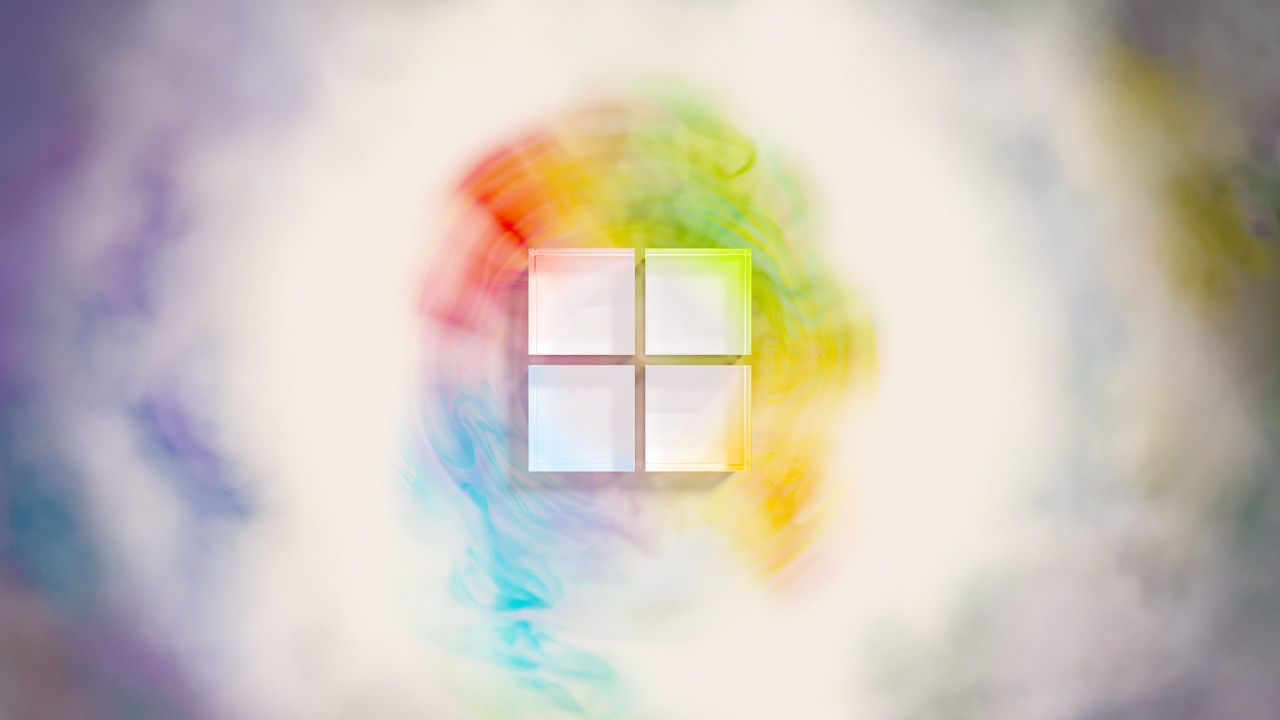OpenAI may have just handed Microsoft the keys to the AI kingdom — CEO Mustafa Suleyman wants to "be self-sufficient"
Microsoft can now pursue AGI independently from OpenAI or in collaboration with third parties.
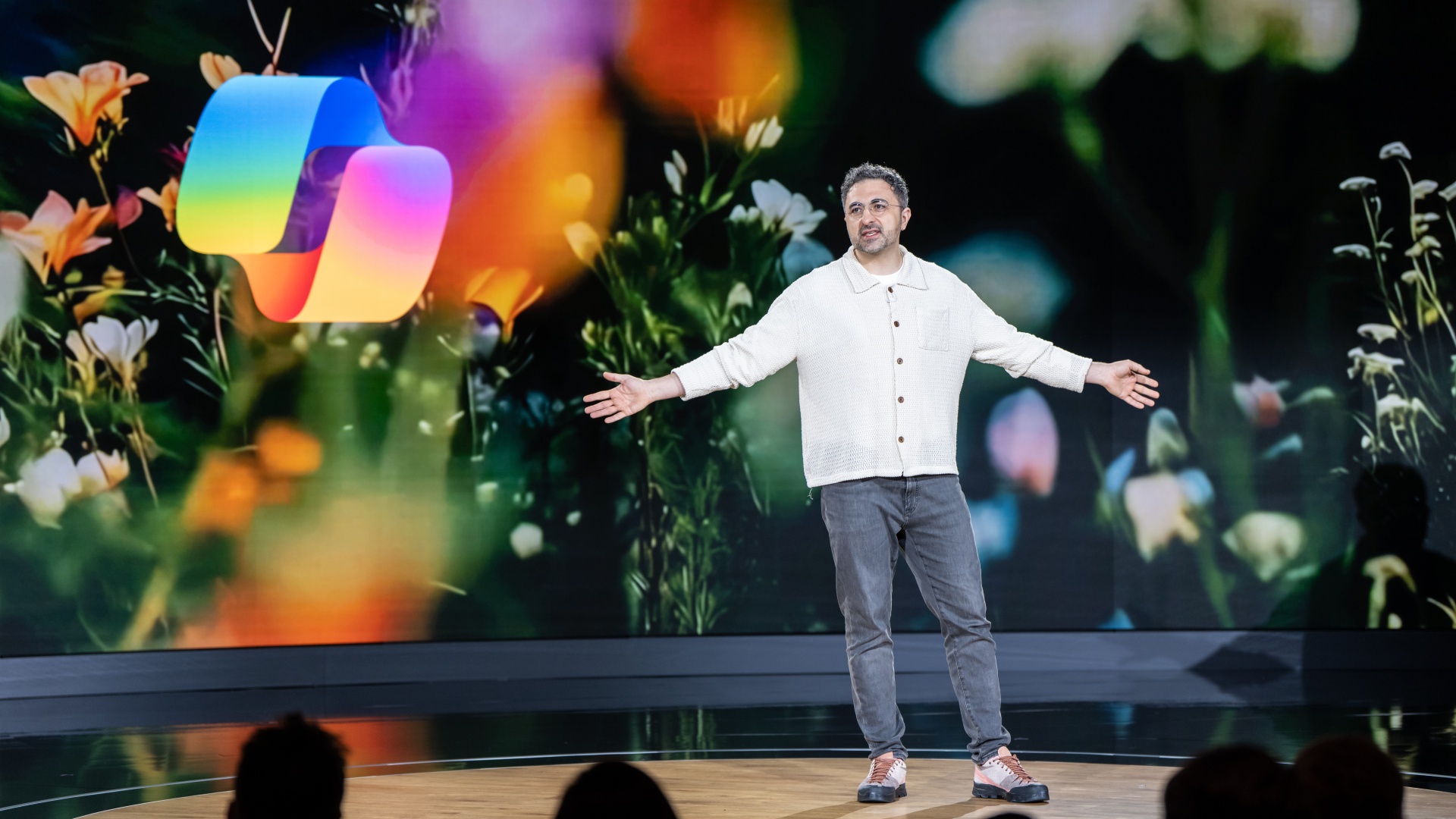
All the latest news, reviews, and guides for Windows and Xbox diehards.
You are now subscribed
Your newsletter sign-up was successful
Microsoft is OpenAI's largest backer with an approximate $13 billion stake in the business. Investors have raised concerns about the partnership, highlighting their doubts about generating profit amid claims that we're in an AI bubble that's about to burst.
Over the past couple of months, tension was at an all-time high between Microsoft and OpenAI, primarily due to the latter's plan to evolve into a for-profit venture to avoid hostile takeovers and outsider interference. Multiple reports emerged suggesting that Microsoft was holding the plans back in a bid to protect its best interests.
However, the companies recently renewed their vows by signing a new definitive agreement, which features some amendments and even new clauses. For instance, OpenAI can't prematurely declare AGI. Instead, an independent expert panel will be appointed to verify the claim.
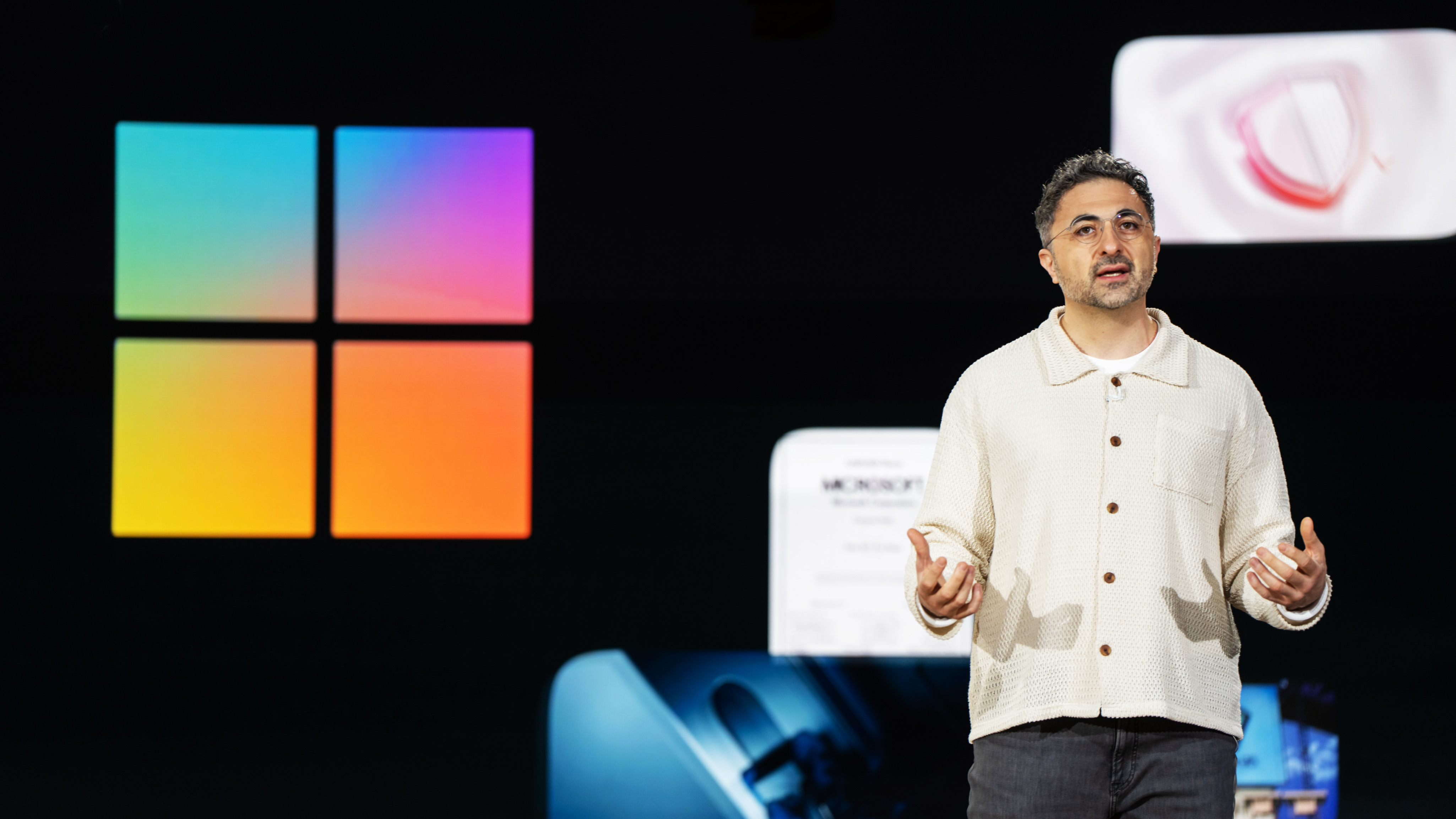
Even if OpenAI achieves AGI before 2030, Microsoft will reserve its IP rights to the ChatGPT maker's models and products through 2032, including post-AGI models. But perhaps more interestingly, the software giant can now dabble its foot in the AGI race independently or in collaboration with third parties, which could be bad news for OpenAI.
Since the announcement of the new definitive agreement between Microsoft and OpenAI, the former has doubled down its efforts in the generative AI landscape. More recently, Microsoft's AI CEO, Mustafa Suleyman, revealed that the company was actively pursuing superintelligence, but with a twist, which clearly dictates that the technology will strictly be designed to serve humans.
Microsoft needs to be self-sufficient in AI. And to do that, we have to train frontier models of all scales with our own data and compute at the state-of-the-art level.
Microsoft AI CEO, Mustafa Suleyman
The company also announced its new MAI Superintelligence team, designed to chase after the benchmark. While speaking to Business Insider, Mustafa Suleyman revealed that the team will focus on building and developing a "world-class, frontier-grade research capability in-house".
This comes as a surprising change of pace, especially since the executive was dancing to a different tune at the beginning of the year. Suleyman revealed that Microsoft is developing its own custom off-frontier models that would be 3 to 6 months behind OpenAI. "Our strategy is to really play a very tight second," the executive added.
All the latest news, reviews, and guides for Windows and Xbox diehards.
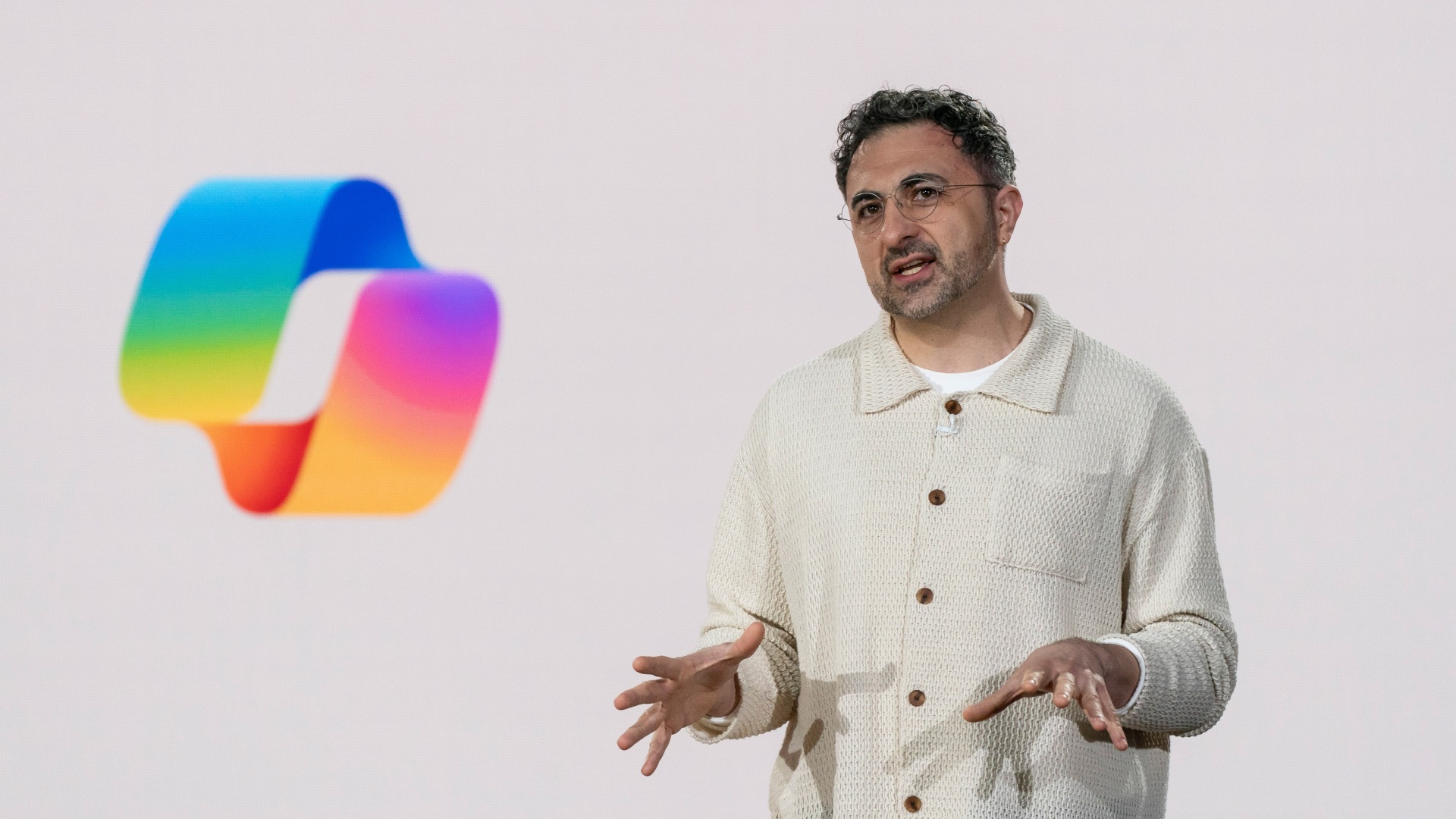
According to a person with close affiliations and knowledge about Microsoft and OpenAI's previous agreement, the tech giant was seemingly restricted from pursuing AGI on its own through 2030. This would allow OpenAI to maintain a healthy lead in the AI race against its competitors while it leveraged Microsoft's vast cloud computing resources.
However, Microsoft still lost its exclusive cloud provider status when OpenAI unveiled its $500 billion Stargate project designed to facilitate the construction of data centers across the United States.
But now, under the new definitive agreement, Microsoft can participate in the AI race more aggressively. Through its new superintelligence team, Microsoft hopes to revolutionize the future across healthcare, energy, and transportation systems. And perhaps more importantly, reduce the "cost of living for billions of people over the next 10 years," according to the company's AI CEO.
Microsoft makes this move as the race toward AGI has become more complicated, with multiple reports suggesting that the technology has hit a wall due to a lack of high-quality content for model training.
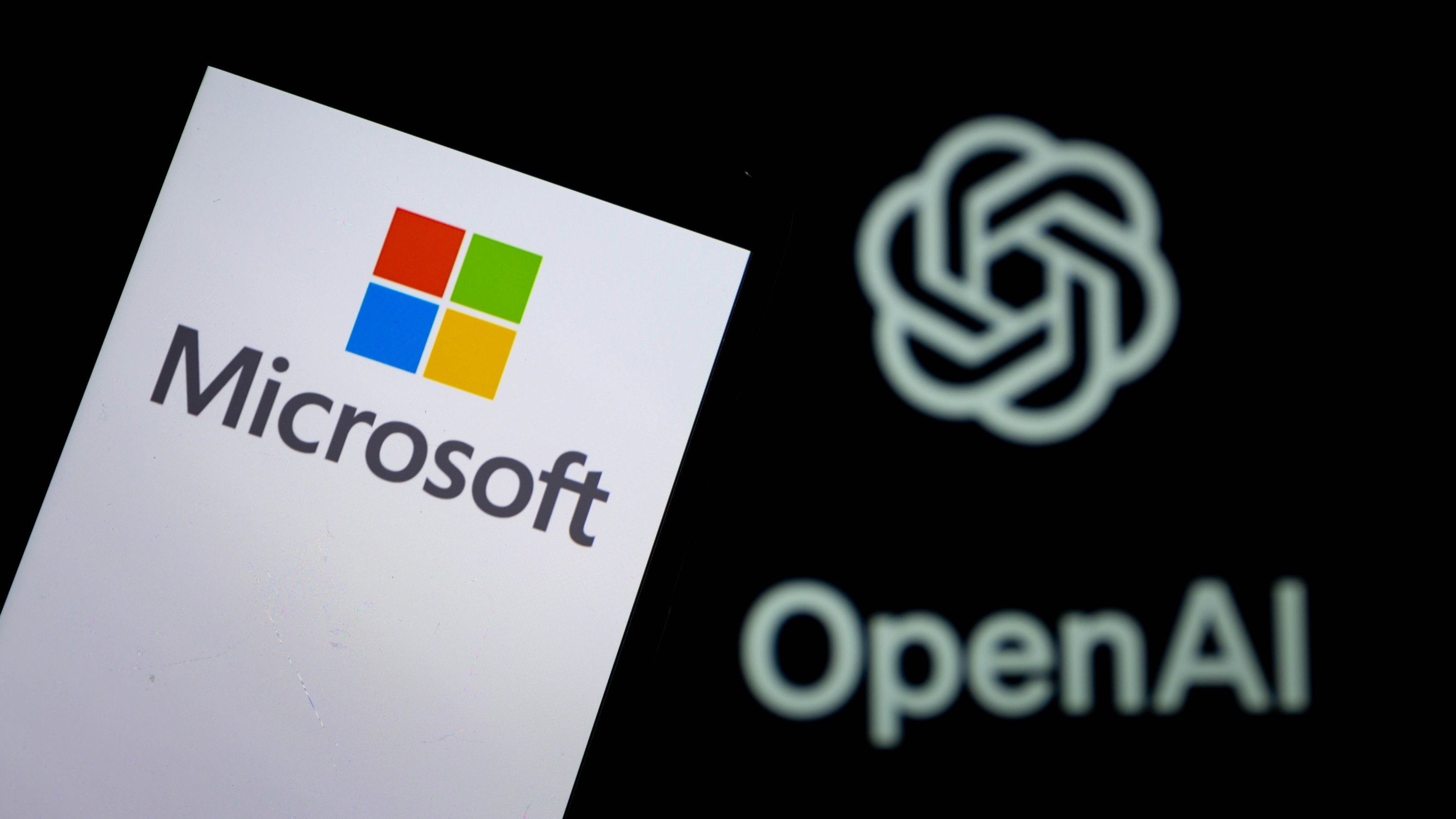
However, Microsoft seems up to the task, with Suleyman indicating that the company plans to make major investments in compute through partnerships with NVIDIA. It also plans to double down on its custom chips and cloud infrastructure for AI model training.
But what's certain is that Microsoft has affirmed its stance on building advanced AI models and technology that could constitute AGI or superintelligence to serve and remain under the control of humans. According to Mustafa Suleyman:
"That should be something we all take for granted, but it actually needs to be stated and repeated, and it needs to be the No. 1 most important thing that humanity focuses on. There's a risk with these systems that they get extremely smart and run away from us, and we have to design them so that they don't do that. That requires a humanist intent, which keeps humans at the top of the food chain."
That said, the company is keeping an open mind in regard to what models it uses across its tech stack, which may include open-source offerings from Anthropic ot even OpenAI. "There's no reason for us to be religious about that," Suleyman concluded. "Obviously, we're very focused on getting our products working."
FAQ
Can Microsoft pursue AGI despite its partnership with OpenAI?
Until recently, it seemed impossible. But the new definitive agreement allows Microsoft to pursue AGI alone or in collaboration with third parties.
Where does Microsoft's partnership with OpenAI stand after the recent recapitalization?
Microsoft now holds an investment in the Public Bunsiess Corporation (PBC), which is valued at $135 billion, or roughly 27% of the company on an as-converted diluted basis.

Follow Windows Central on Google News to keep our latest news, insights, and features at the top of your feeds!

Kevin Okemwa is a seasoned tech journalist based in Nairobi, Kenya with lots of experience covering the latest trends and developments in the industry at Windows Central. With a passion for innovation and a keen eye for detail, he has written for leading publications such as OnMSFT, MakeUseOf, and Windows Report, providing insightful analysis and breaking news on everything revolving around the Microsoft ecosystem. While AFK and not busy following the ever-emerging trends in tech, you can find him exploring the world or listening to music.
You must confirm your public display name before commenting
Please logout and then login again, you will then be prompted to enter your display name.
